Professional drain cleaning offers a safer, more effective solution that clears blockages completely while protecting your plumbing system from harm.
When tough clogs strike your home's plumbing, the temptation to grab a bottle of chemical drain cleaner from the store shelf is strong. However, these quick fixes often push problems deeper into your pipes or cause damage that costs more to repair later.
We've all been there – standing water in the sink, slow-draining showers, or mysterious odors coming from our drains. These warning signs tell us something is wrong, but determining the right fix isn't always clear. Professional plumbers use specialized tools and techniques that homeowners simply don't have access to.
Understanding when to call in the experts can save you time, money, and frustration. From identifying the root cause of your drainage problems to choosing the most effective cleaning method, professional services address issues that do-it-yourself approaches often miss.
In this article, you’ll learn how professional drain cleaning protects your plumbing system from long-term damage and recurring clogs.
Below, we’ll walk through each important aspect:
- What is professional drain cleaning and how does it work?
- Signs your home needs professional drain cleaning
- Why homeowners trust professionals over store-bought solutions
- What to expect from a drain cleaning service
Let's explore how professional drain cleaning works and why it's the smart choice for protecting your home's plumbing investment.
What is professional drain cleaning and how does it work?
Professional drain cleaning uses specialized equipment and advanced techniques to remove blockages that home remedies cannot handle. Licensed plumbers employ powerful tools like hydro jetting systems and motorized snakes to clear even the toughest obstructions safely.
Tools and techniques used by experts
Professional plumbers rely on industrial-grade equipment that far exceeds what we find in hardware stores. Hydro jetting stands out as the most effective method for severe blockages.
This technique uses high-pressure water streams up to 4,000 PSI. The specialized hose and nozzle cut through grease, tree roots, and solid debris without damaging pipes.
Motorized drain snakes offer another powerful solution. These professional-grade tools can extend hundreds of feet into pipes. They feature rotating cutting heads that break apart tough clogs.
Many modern snakes include diagnostic tools like built-in cameras. This lets plumbers inspect pipe conditions while clearing blockages.
Video inspection equipment helps identify problems before they worsen. Plumbers can spot cracks, corrosion, or root intrusion early.
Other specialized tools include:
- Pipe locators for underground issues
- Pressure washers for exterior cleaning
- Chemical treatments for specific blockage types
How it differs from DIY solutions
Professional service offers capabilities that home methods simply cannot match. Store-bought drain cleaners only dissolve surface-level buildup.
Professional equipment reaches deeper into your plumbing system. While household snakes extend 25-50 feet, professional versions can travel 200+ feet.
Pressure makes a huge difference. Garden hoses provide 40-60 PSI. Professional hydro jetting delivers 4,000 PSI - enough to cut through tree roots.
Safety and expertise matter. DIY attempts can push clogs deeper or damage pipes. Licensed plumbers know proper techniques for different pipe materials.
Professional diagnosis prevents guesswork. Camera inspections show exact blockage locations and pipe conditions.
Types of blockages that require pro intervention
Certain blockages demand professional attention from the start. Tree root intrusion requires specialized cutting equipment that homeowners cannot safely operate.
Grease accumulation in main lines needs high-pressure water to fully remove. Standard drain cleaners cannot dissolve heavy grease buildup.
Multiple drain backups indicate main sewer line problems. These require professional diagnostic tools and powerful clearing equipment.
Recurring clogs suggest deeper issues than surface blockages. Professional inspection identifies root causes like pipe damage or improper installation.
Sewage backups create health hazards requiring immediate professional response. These situations need specialized equipment and safety protocols.
Foreign objects lodged deep in pipes need professional removal. Household tools often push these items further into the system.
Signs your home needs professional drain cleaning
Your home's plumbing system gives clear warnings when drains need professional attention. Slow drainage, bad smells, and strange sounds from multiple fixtures signal serious blockages that require expert cleaning.
Recurring clogs or slow drains
Slow drains often mean partial blockages deep in your pipes. When water takes several minutes to drain from sinks or tubs, we're seeing buildup that home remedies can't reach.
Recurring clogs happen when blockages return within days or weeks. If you clear a drain and it clogs again quickly, the problem sits deeper in your plumbing system.
Multiple slow drains throughout your home signal a main line issue. This affects your entire plumbing system and needs immediate professional attention.
Store-bought drain cleaners only work on surface clogs. They can't reach the thick buildup that causes ongoing problems. Professional equipment removes these deep blockages completely.
Foul odors coming from sinks or tubs
Foul odors from drains indicate rotting debris trapped in your pipes. These smells come from food particles, grease, hair, and soap scum that create bacterial growth.
Kitchen sink odors often smell like rotten food. Bathroom drains may smell like sewage or mildew. Both types of smells mean organic matter is decomposing in your pipes.
The smell gets worse when you run water. This pushes air through the blocked areas and brings odors up through your drains.
Simple cleaning won't fix these smells. The source sits deep in your drain system where only professional tools can reach and remove it.
Gurgling noises and backups in multiple drains
Gurgling noises happen when air bubbles push through water standing in blocked pipes. These sounds mean your drains can't move water efficiently.
Backups occur when water returns up through drains instead of flowing away. This creates unsanitary conditions and can damage your home.
Multiple drain problems point to main sewer line issues. When several fixtures gurgle or back up together, the blockage affects your entire system.
These symptoms require immediate professional help. Waiting can lead to sewage backups and expensive water damage throughout your home.
Why homeowners trust professionals over store-bought solutions
Professional drain cleaning offers superior protection through advanced equipment and safer methods. This approach prevents pipe damage from harsh chemicals and reduces the risk of costly plumbing emergencies.
Beyond preventing pipe damage, professional drain cleaning contributes to broader environmental protection. According to the UK Environment Agency, storm drain cleaning helps reduce pollution by removing organic debris containing nitrogen and phosphorus, thereby protecting water quality downstream
Long-term protection for your plumbing system
Professional plumbers use specialized tools that protect our pipes while removing clogs completely. Their equipment includes high-pressure water jetting and motorized snakes that clear blockages without damaging pipe walls.
Store-bought solutions often create only small pathways through clogs. This partial clearing means blockages return quickly, requiring repeated treatments.
Professional Equipment Benefits:
- Complete clog removal vs. partial clearing
- Advanced camera inspections to identify root causes
- Hydro-jetting that cleans pipe walls thoroughly
- Specialized snakes that reach deep into drainage systems
These tools remove accumulated debris and buildup that typical consumer products cannot reach. We get thorough cleaning that extends the time between service calls.
Professional cleaning also identifies potential problems before they become major issues. Plumbers can spot early signs of pipe wear, tree root intrusion, or structural problems during routine cleaning.
Avoiding harsh chemicals and pipe corrosion
Store-bought drain cleaners contain strong acids and bases that eat away at pipe materials over time. These chemicals can cause significant pipe corrosion, especially in older plumbing systems.
Chemical drain cleaners work by dissolving organic matter through extreme reactions. This same process attacks metal pipes, rubber seals, and plastic components in our plumbing system.
Common Chemical Damages:
- Metal pipe thinning and eventual leaks
- Rubber gasket deterioration
- PVC pipe weakening and cracking
- Fixture damage from chemical splashing
Professional cleaning uses mechanical methods and safe water pressure instead of harsh chemicals. This approach removes clogs without introducing corrosive substances into our plumbing system.
Water-based cleaning methods preserve pipe integrity while achieving better results. We avoid the long-term costs of premature pipe replacement caused by chemical damage.
Preventing costly emergencies and water damage
Professional drain cleaning prevents the sudden failures that lead to plumbing emergencies. Regular professional service identifies weak points before they cause major water damage to our homes.
Clogged drains can cause backups that overflow into living spaces. This creates expensive cleanup costs and potential health hazards from contaminated water.
According to guidance from the North Carolina Division of Water Resources, regular drain cleaning improves storm water system performance, reduces localized flooding, and supports compliance with water quality regulations by removing debris with measurable nutrient content.
Emergency Prevention Benefits:
- Early detection of serious blockages
- Removal of tree roots before pipe damage
- Identification of structural pipe problems
- Prevention of sewer line backups
Professional cleaning maintains proper water flow throughout our plumbing system. This prevents pressure buildup that can burst pipes or cause joint failures.
When emergencies do occur, they often happen at the worst times. Professional maintenance reduces the likelihood of midnight plumbing calls and weekend emergency rates.
Water damage from plumbing failures can cost thousands in repairs. Professional cleaning provides affordable prevention compared to emergency restoration services.
What to expect from a drain cleaning service
Professional drain cleaning follows a step-by-step process that starts with finding the problem and ends with keeping your pipes clean. The plumber will use special tools to look inside your drains and pick the right cleaning method for your specific clog.
Inspection process and diagnostic tools
The plumber starts by checking your drains to find where the clog is located. They ask questions about your drain problems and look at all the affected areas.
Camera inspection is the most common tool we see plumbers use. They put a small camera on a flexible cable and send it down your drain. This shows them exactly what's blocking your pipes.
The camera can spot several problems:
- Hair and soap buildup
- Food waste clogs
- Tree roots growing into pipes
- Broken or cracked pipes
Some plumbers also use locating equipment to find where the clog sits in your pipe system. This helps them know if the problem is close to your drain or deeper in the main line.
The inspection usually takes 15 to 30 minutes. The plumber will show you what they find on a screen so you can see the problem too.
Cleaning methods like hydro jetting and snaking
After finding the clog, the plumber picks the best way to remove it. They have two main methods that work for different types of blockages.
Snaking uses a long metal cable with a cutting head. The plumber feeds this cable down your drain and spins it to break up the clog. This works well for simple clogs like hair or small food pieces.
Hydro jetting uses high-pressure water to blast away clogs. The water pressure can reach 4,000 PSI, which removes even tough buildup on pipe walls. This method cleans your entire pipe, not just the clog.
Method
Best For
Cleaning Power
Snaking
Simple clogs, hair, small debris
Moderate
Hydro Jetting
Grease, scale, tree roots
High
The plumber chooses based on your pipe material and clog type. Older pipes might need gentler snaking, while newer pipes can handle hydro jetting.
Maintenance tips after the service
Your plumber will give you specific tips to keep your drains working well. Following these tips helps prevent future clogs and saves money on repeat service calls.
Daily habits make the biggest difference. We recommend running hot water after each use and avoiding grease down kitchen drains. Use drain screens to catch hair and food particles.
Weekly maintenance includes pouring hot water down all drains. This helps dissolve soap and grease before they build up. Some plumbers suggest using baking soda and vinegar once a week.
Monthly checks help catch problems early. Look for slow drains or bad smells. These signs mean buildup is starting again.
Many plumbers offer maintenance plans with regular cleaning visits. These plans cost less than emergency calls and keep your drains flowing smoothly year-round.
Conclusion
Professional drain cleaning protects your pipes from serious damage. When we ignore tough clogs, they can cause pipe bursts and expensive repairs.
We recommend regular professional cleaning to maintain healthy plumbing. This prevents clogs from becoming major problems.
Professional technicians know the safest methods for your specific pipes. They can handle deep-seated issues like tree roots and grease buildup without causing harm.
Regular maintenance keeps your drainage system working smoothly. It also improves your home's hygiene and prevents water damage.
Professional drain cleaning is an investment in your plumbing system's health. The cost of regular service is much less than replacing damaged pipes.
Schedule a professional drain cleaning today to eliminate stubborn clogs and protect your pipes from long-term damage.

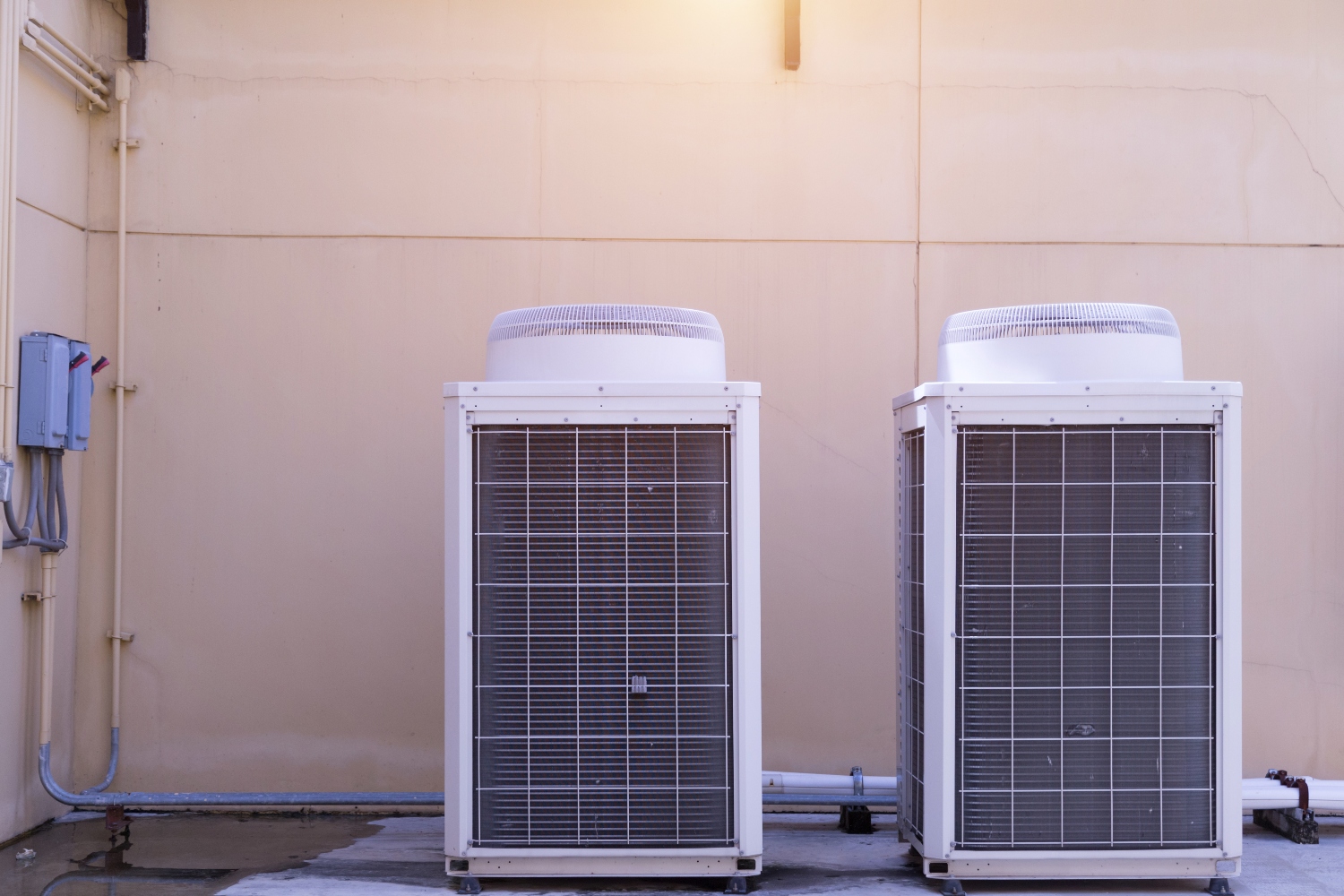
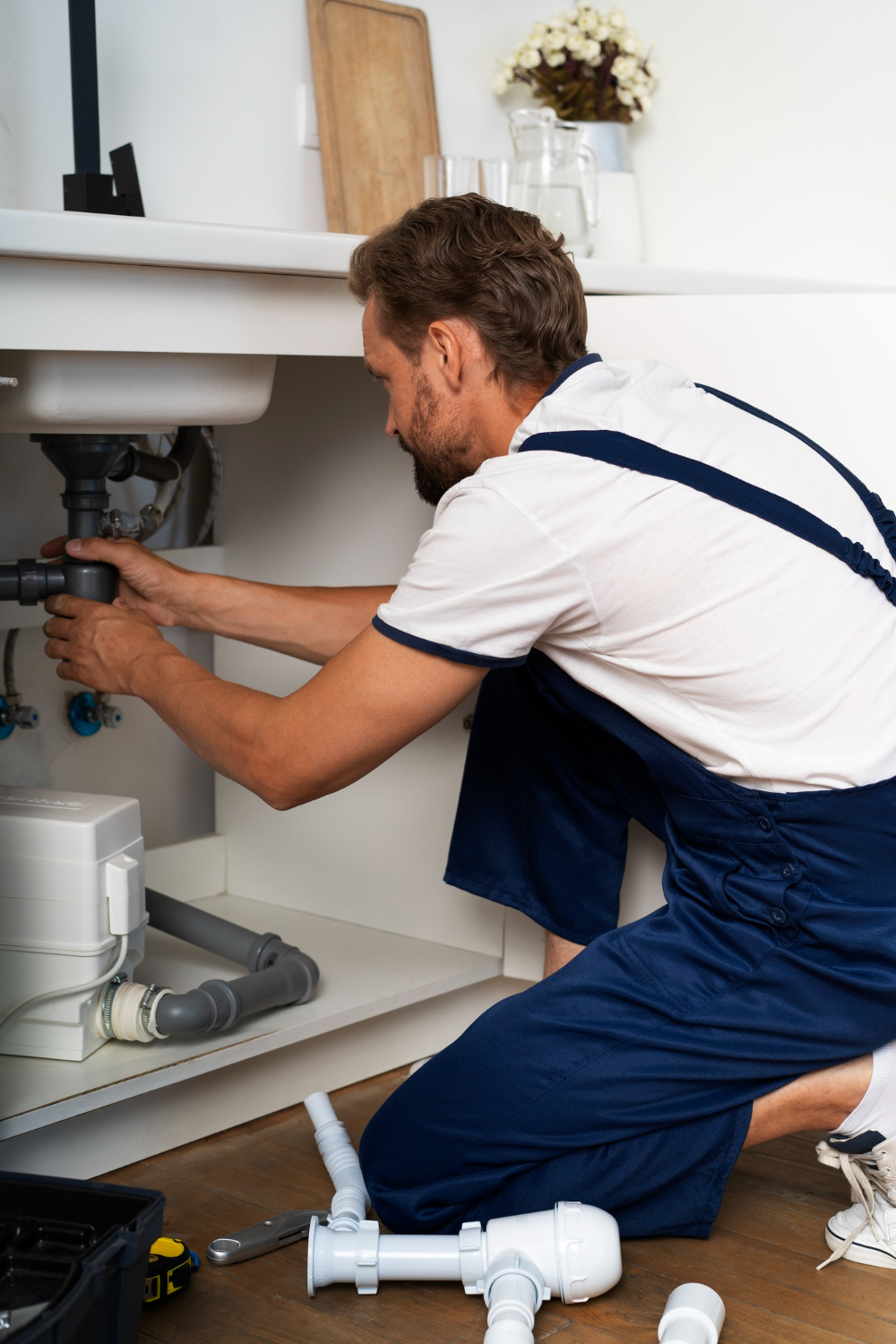
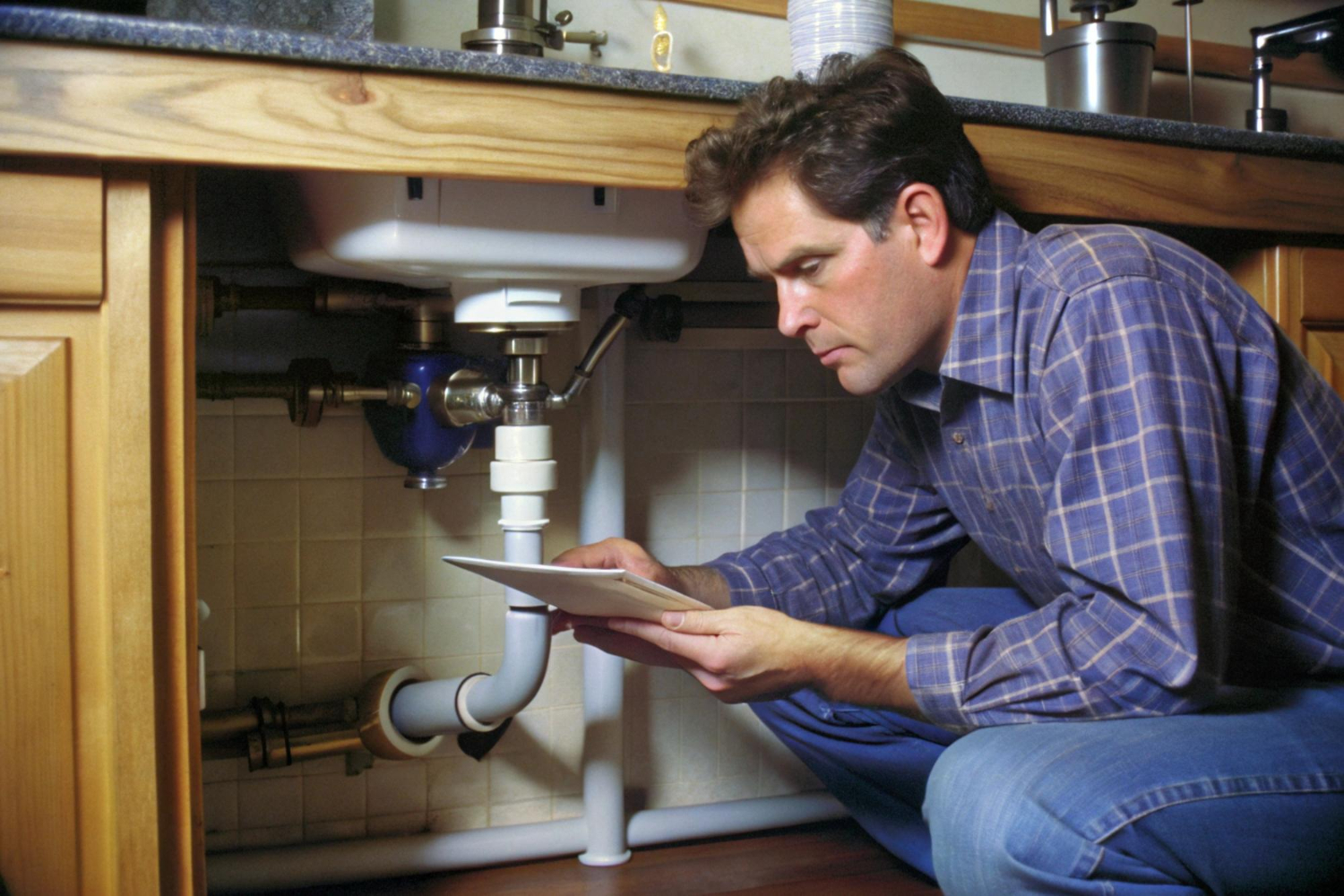
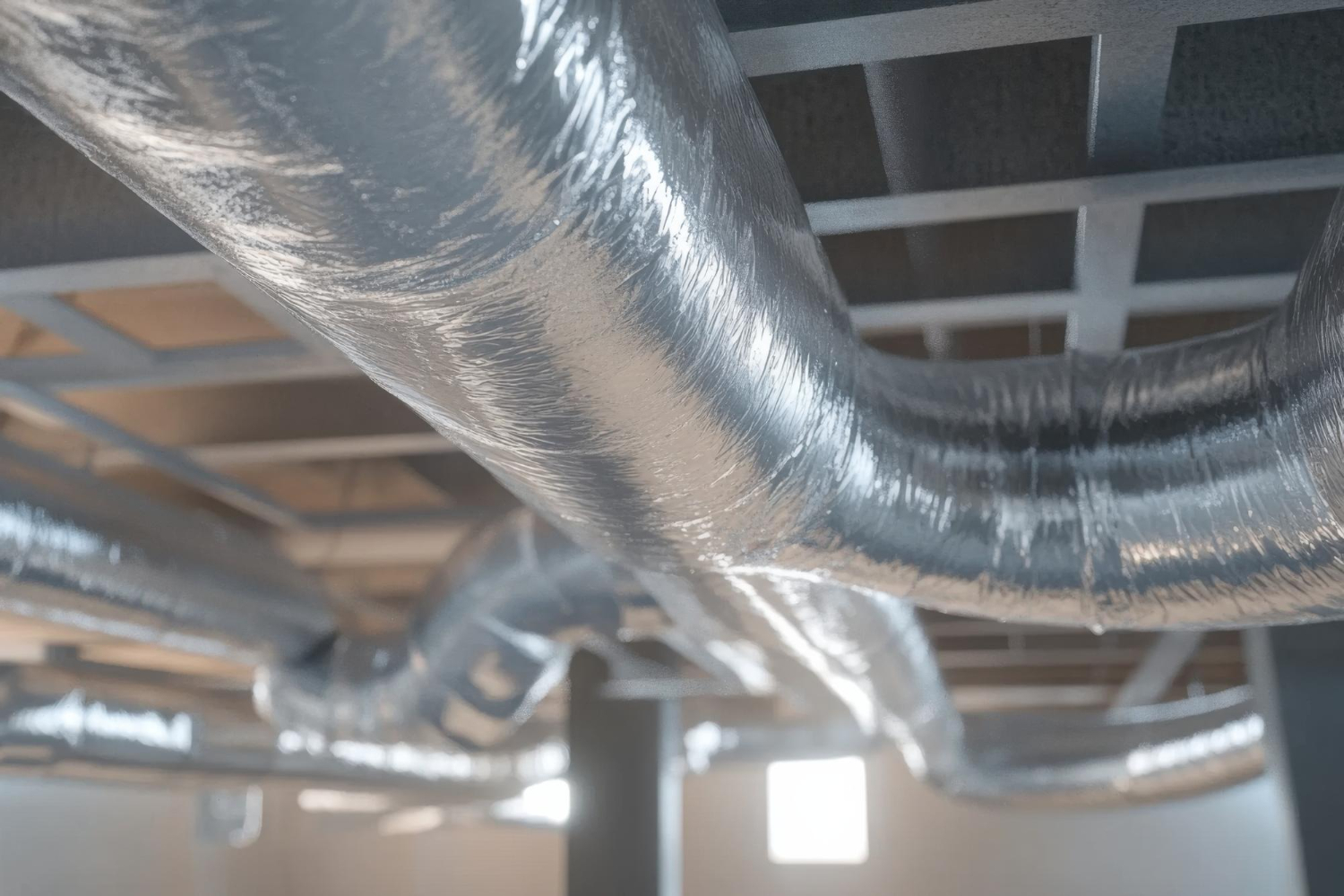
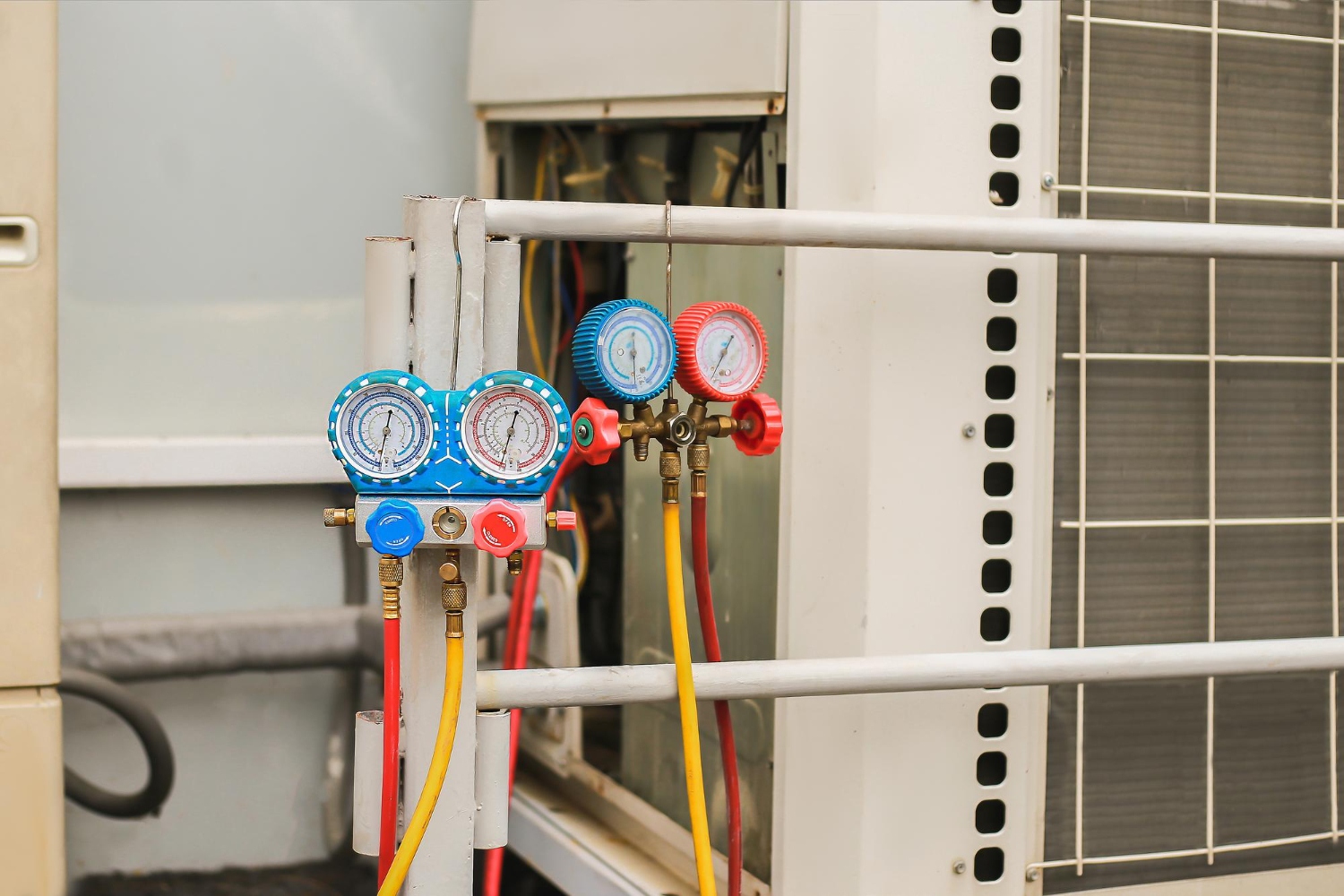
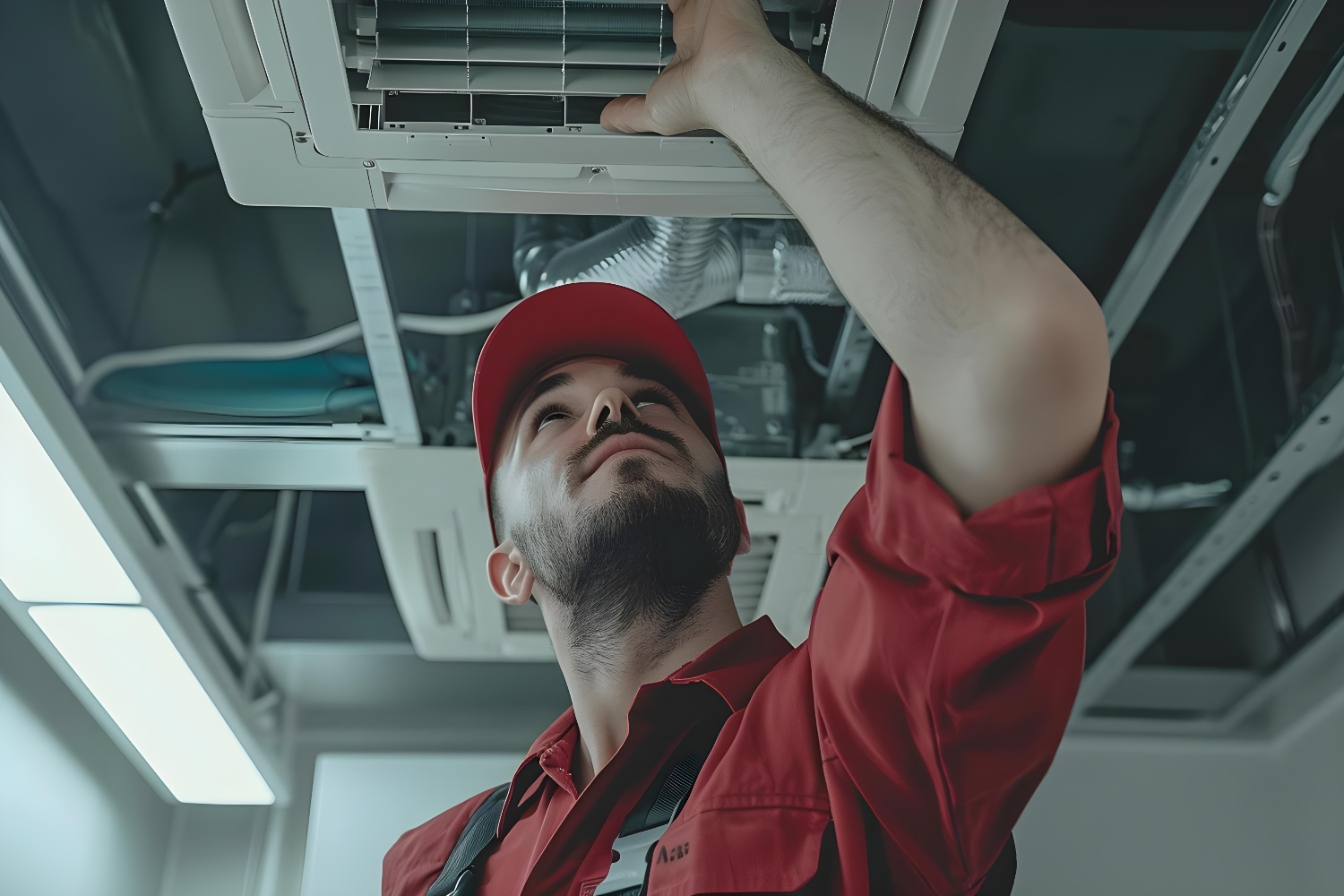
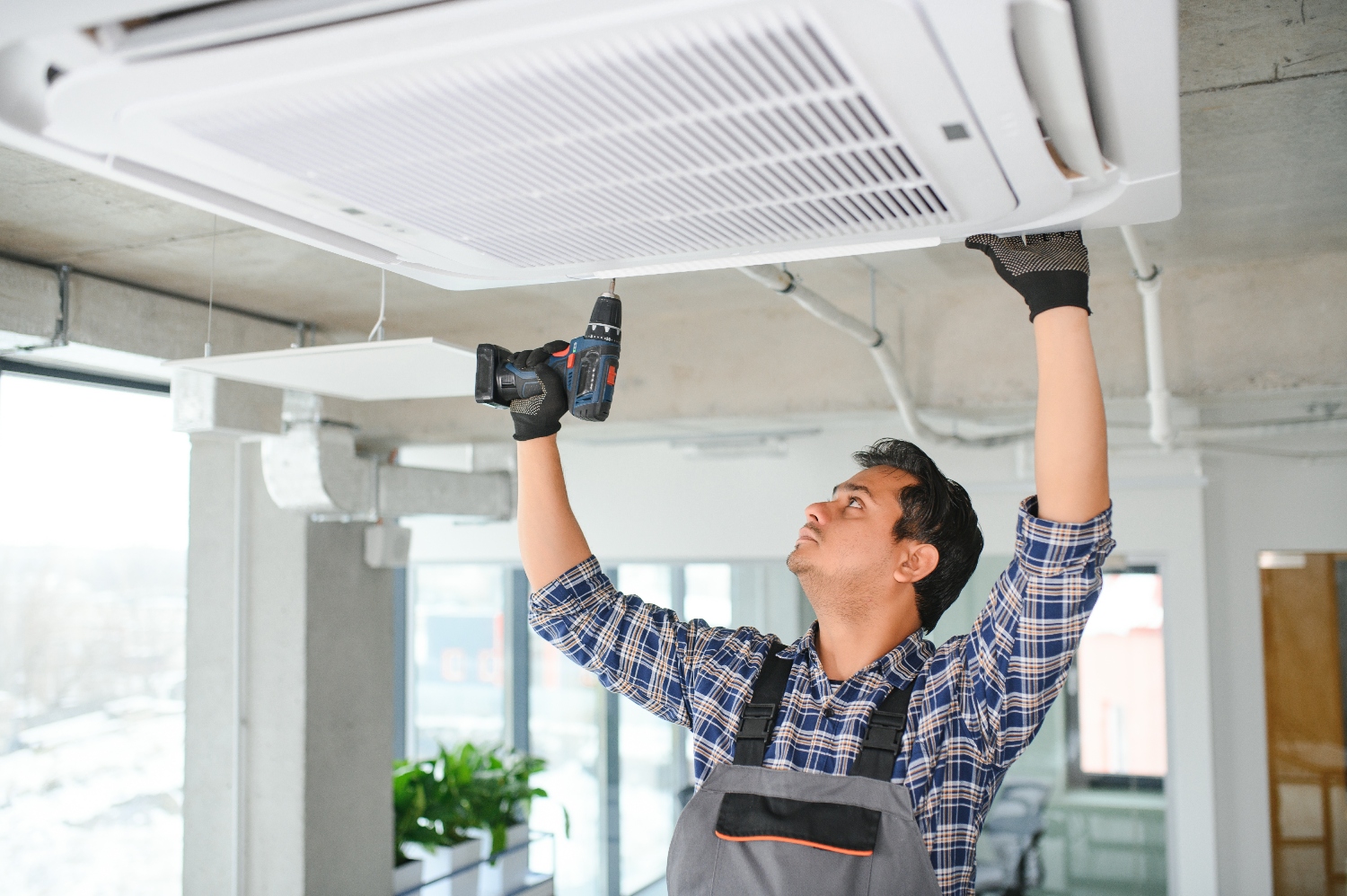
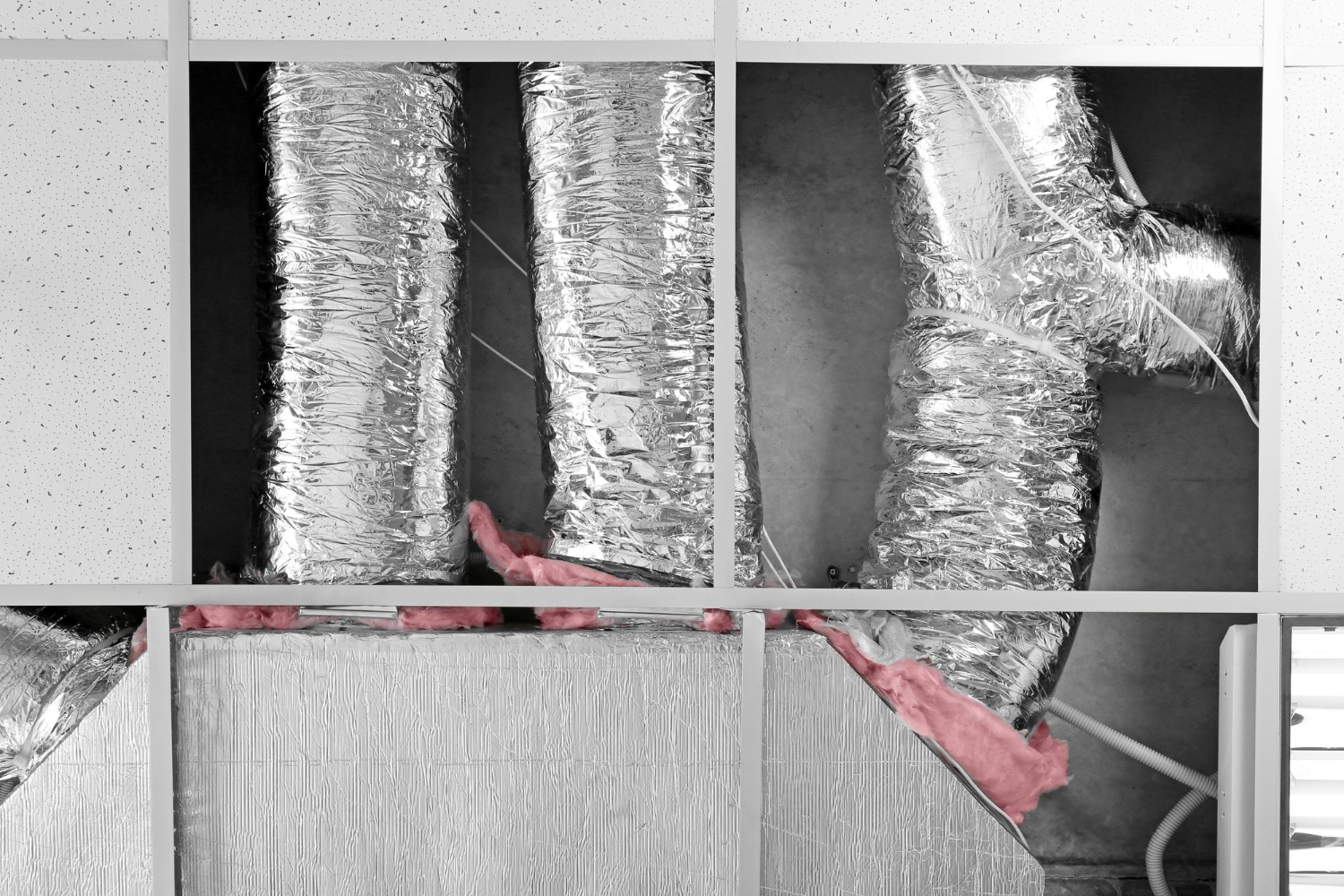































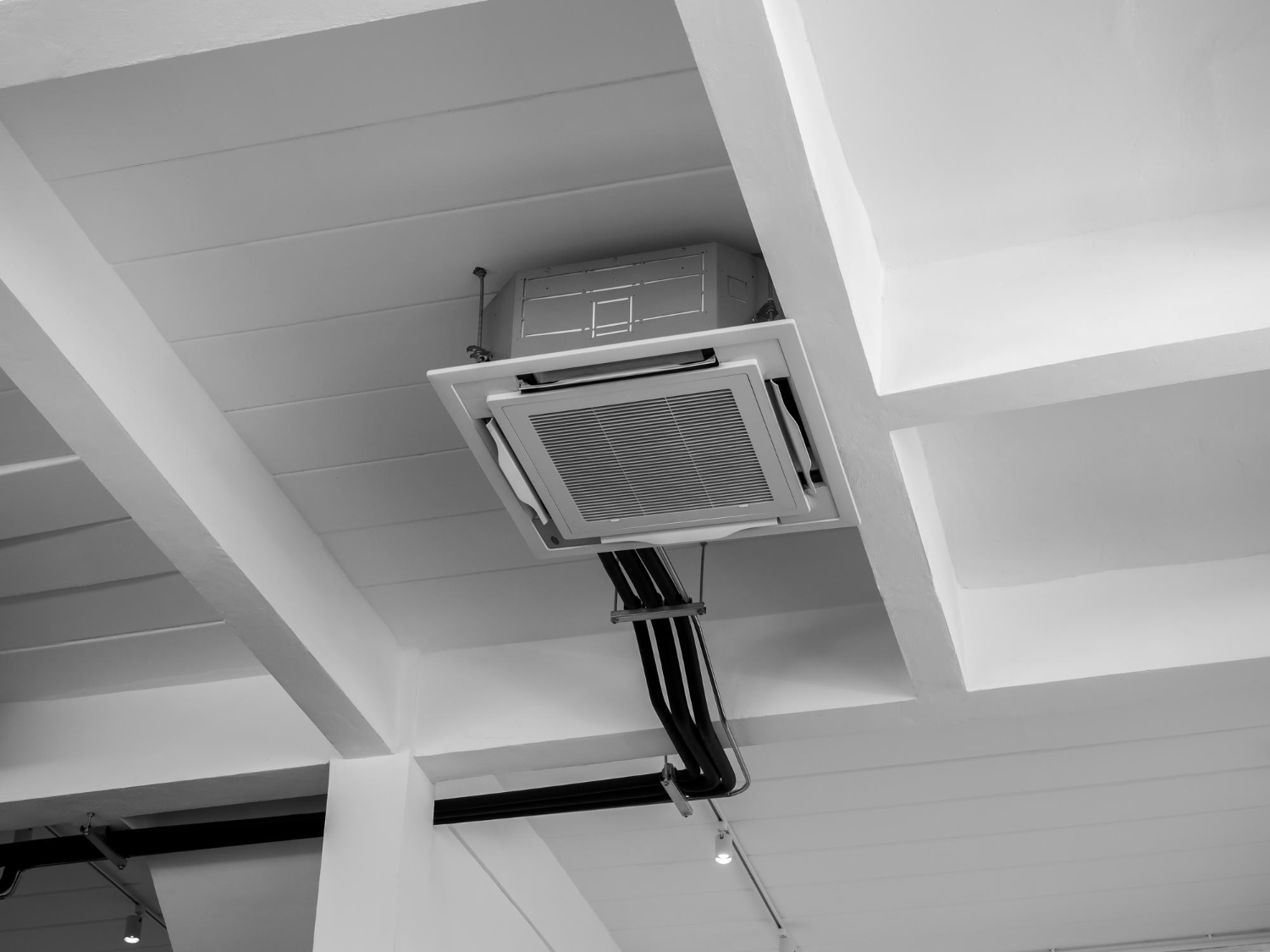




























.jpg)
.jpg)

.jpg)
.jpg)




















